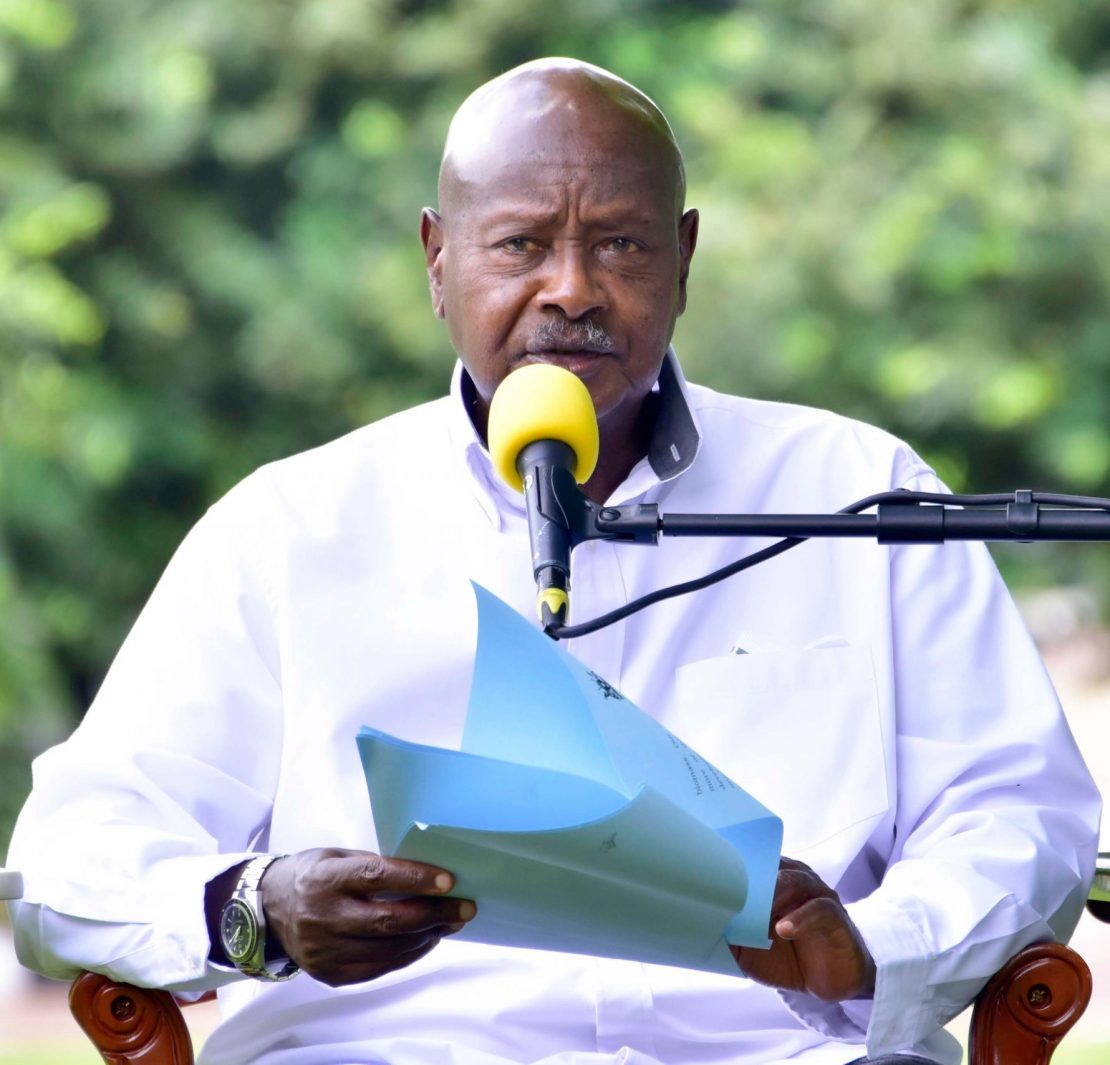The Ebola virus has returned to Uganda, forcing President Yoweri Museveni to declare a 21-day lockdown in two districts. Mubende and Kassanda are at high risk due to a rise in cases, and authorities will stop all movement in these two districts. Cargo trucks can still enter and leave. The President also imposed a curfew from 7:00 PM to 6:00 AM, announcing that schools may remain open but places of worship, gyms, saunas, bars and other places of entertainment must close. Uganda has seen four outbreaks of Ebola, the worst of which killed over 200 people in the year 2000. The debacle began in September, when authorities discovered a case of the rare Sudan strain in Mubende district. It then began spreading to Kyegegwa and Kassanda districts.
For Kampala City, while the two cases that tested positive came from Mubende District and are regarded as Mubende cases, because of the presence of contacts of these two cases and the risks of infection, I have directed a full mobilization of Kampala City into a response mode. pic.twitter.com/h00ZKD4lKK
— Yoweri K Museveni (@KagutaMuseveni) October 17, 2022
“Given the gravity of the problem and to prevent further spread and protect lives and livelihoods, the government is taking extra measures that require action from all of us,” CNN quoted Museveni.
According to the US Centers for Disease Control and Prevention (CDC), the disease transmits through contact with bodily fluids, but airborne particles cannot spread it. Currently, there is no proven cure or approved vaccine for the Sudan strain. But the World Health Organization (WHO) is working with Ugandan agencies to build infrastructure for clinical trials.
Tedros Adhanom Ghebreyesus, Director-General of the WHO said in a media briefing earlier that the vaccines that recently helped contain Ebola outbreaks in the Democratic Republic of Congo are ineffective against the type of virus in wreaking havoc in Uganda.
“However, several vaccines are in various stages of development against this virus, two of which could begin clinical trials in Uganda in the coming weeks, pending regulatory and ethics approvals from the Ugandan government,” CNN quoted him.
Last week, the USA sent Gilead Sciences’ remdesivir and Mapp Biopharmaceutical Inc’s experimental Ebola antibody drug, MBP134, to Uganda to protect healthcare workers.
“If healthcare workers start to fall ill and die, it’s going to negatively impact the response,” Joel Montgomery, chief of CDC’s viral special pathogens branch and the incident manager for this outbreak, told Reuters.




